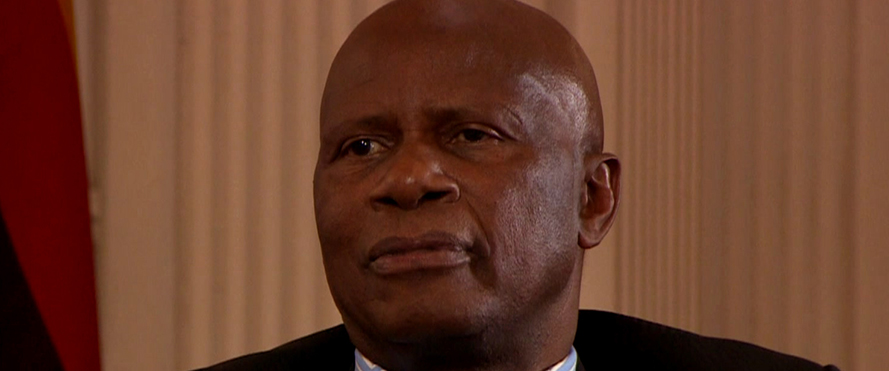
The Sunday Mail


Minister Chinamasa – Picture by Tawanda Mudimu
Zimbabwe’s import bill is expected to marginally decline on the back of projections that international oil and grain prices will be subdued in the second half of 2015, a Cabinet minister has said.
This comes as domestic basic commodity prices have been falling.
Last year, imports topped US$6,4 billion against US$3,5 billion generated from exports.
From January to June 2015, the import bill grew by two percent to US$3,1 billion compared to US$3 billion in the same period in 2014.
Major import sources were South Africa (40 percent), Singapore (20 percent); China (seven percent) and India (seven percent).
In the Mid-Term Fiscal Policy Review Statement last week, Finance and Economic Development Minister Patrick Chinamasa said.
“Notwithstanding the fall in mineral prices, the country is likely to benefit from weak international prices for oil, wheat and maize, which are projected to remain low during the rest of 2015. The weak prices are expected to reduce the country’s import bill on grain and oil.”
Zimbabwe plans to spend about US$700 million on maize imports on account of anticipated low harvests precipitated by drought in the 2014 / 2015 Food imports are expected to increase by 64 percent as they will include wheat.
Winter wheat farming declined to about 2 600 hectares this season from 6 000ha in 2014 due to challenges such as electricity interruptions and high costs of inputs.
Average annual inflation for 2015 is projected at -2 percent amid indications product and service prices will drop further in the second half of this year.
Inflation remained negative during the first half, reaching -2,8 percent by end of June due to falling prices.
Major price declines were noted in food and non-alcoholic beverages; clothing and footwear; housing, water, electricity, gas and other fuels; communication; recreation and culture; restaurants and hotels; and miscellaneous goods and services.
“Price declines are expected to prevail during the remaining part of the year, with average annual inflation for 2015 now projected at -2 percent against the original projection of -1 percent,” said Minister Chinamasa.
“Falling prices reflect, in part, correction of domestic price structures, which had trended past hyper-inflationary pricing practices, relatively high labour costs, utilities, cost of borrowed capital, as well as other costs of doing business.”
Market watchers say prices are falling in response to low disposable incomes as many workers’ earnings are below the poverty datum line of five people, pegged at US$494,16 in May.
Price alignment between Zimbabwe and its trading partners, particularly South Africa, is expected to boost competitiveness in the medium term.



